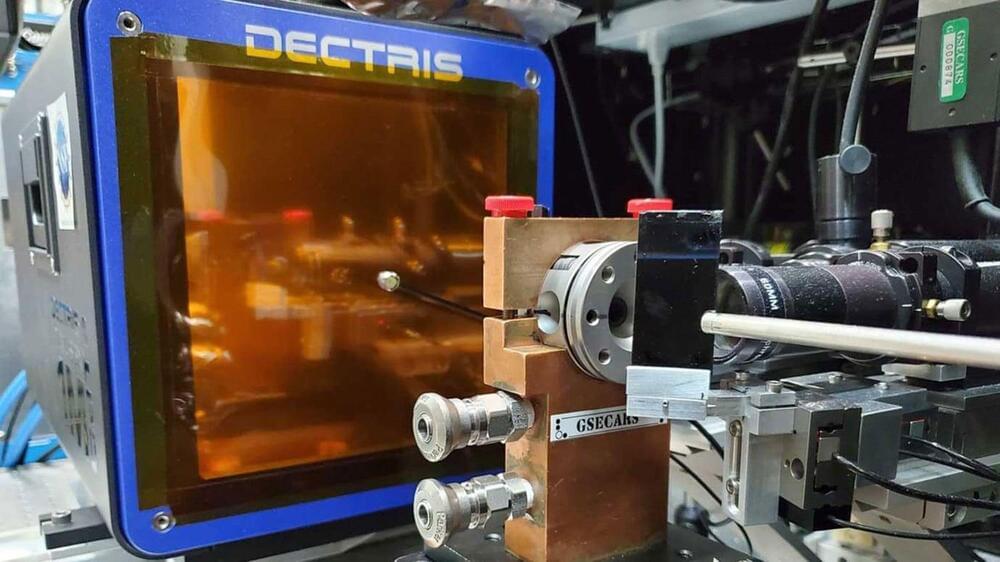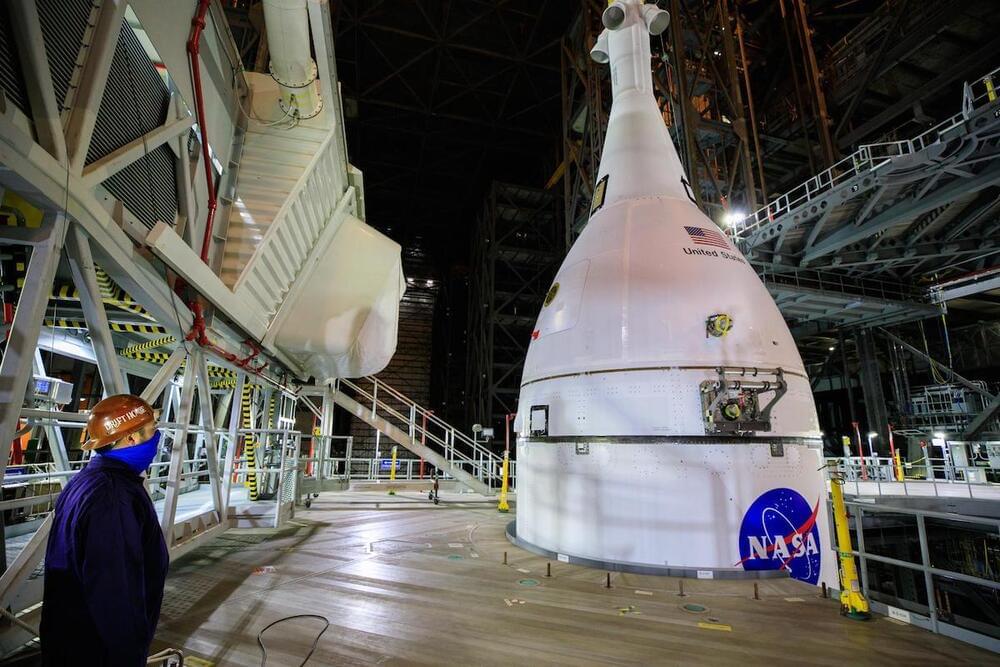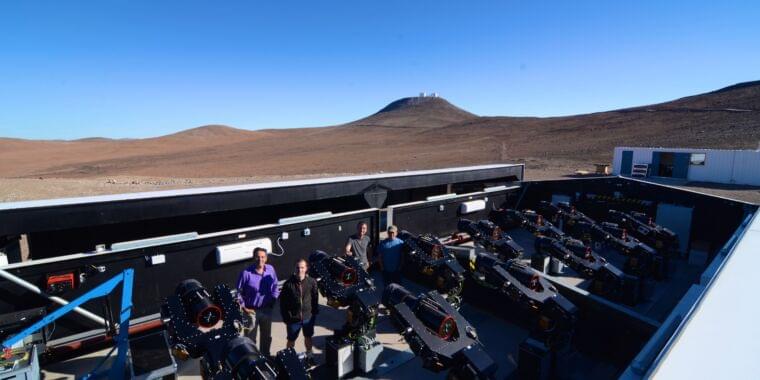Strange black ‘superionic ice’ that could exist inside other planets.


Alfredo Munoz — Digital Twins of Martian Cities as a new frontier for Space Analogs.
From the 24th Annual International Mars Society Convention, held as a Virtual Convention worldwide on the Internet from October 14–17, 2021. The four-day International Mars Society Convention, held every year since 1,998 brings together leading scientists, engineers, aerospace industry representatives, government policymakers and journalists to talk about the latest scientific discoveries, technological advances and political-economic developments that could help pave the way for a human mission to the planet Mars.
Conference Papers and some presentations will be available on www.MarsPapers.org.
For more information on the Mars Society, visit our website at www.MarsSociety.org.
#MarsSociety #MarsSocCon2021
As a scientist at both NASA and JAXA, James O’Donoghue has studied the planets. In his free time, he makes award-winning animations of them.
On October 1 2021, the joint European Space Agency (ESA) and Japan Aerospace Exploration Agency (JAXA) BepiColombo spacecraft successfully performed its first flyby of the solar system’s innermost planet, Mercury. The flyby is the first in a set of six such events BepiColombo will complete before entering orbit around Mercury in late 2025.
Following the flyby, initial science returns from different instruments onboard BepiColombo revealed interesting details about the environment surrounding Mercury, as well as details on the planet itself.
Scientists have long known the fate of our solar system – and likely the fate of Earth itself. Our Sun will eventually become a red giant and swallow Earth.
Like the Stanford Torus, the O’Neill Cylinder, and the Generation Ship, the Space Elevator is one of those ideas that keep popping up! Just when you think scientists and engineers have given up on it, there’s a new round of theoretical studies that assert how it could be done. You might say that the Space Elevator is an idea that’s too good to let go of.
Considering the benefits involved, this should come as no surprise. Granted, the cost in terms of money, resources, and time would be considerable, as are the engineering and logistical challenges involved. But for the one-time price of creating this megastructure, we would be able to realize space-based solar power, habitats in orbit, cities on the Moon and Mars, and more!
Full Story:
Thanks to recent advances in materials science, Space Elevators have become somewhat feasible at last.
Like the stanford torus, the o’neill cylinder.



A University of Toronto astronomer’s research suggests the solar system is surrounded by a magnetic tunnel that can be seen in radio waves.
Jennifer West, a research associate at the Dunlap Institute for Astronomy & Astrophysics, is making a scientific case that two bright structures seen on opposite sides of the sky – previously considered to be separate – are actually connected and are made of rope-like filaments. The connection forms what looks like a tunnel around our solar system.
The data results of West’s research have been published in the Astrophysical Journal.
Researchers working with the 500-Meter FAST telescope in China reported 1,652 fast radio bursts in 47 days coming from a single source.
The energetic phenomena known as Fast Radio Bursts (FRBs) are one of the greatest cosmic mysteries today. These mysterious flashes of light are visible in the radio wave part of the spectrum and usually last only a few milliseconds before fading away forever. Since the first FRB was observed in 2,007 astronomers have looked forward to the day when instruments of sufficient sensitivity would be able to detect them regularly.
That day has arrived with the completion of the 500-Meter FAST Radio Telescope (aka. Tianyan, “Eye of Heaven”). Since it commenced operations, this observatory has vastly expanded the number of detected FRBs. In fact, according to research led by the National Astronomical Observatories of the Chinese Academy of Sciences (NAO/CAS), the observatory detected a total of 1,652 independent bursts from a single source in 47 days.
The research, which recently appeared in the journal Science, was conducted by researchers from the Commensal Radio Astronomy FAST Survey (CRAFTS) project. CRAFTS includes researchers from the Cornell Center for Astrophysics and Planetary Science, the Max-Planck-Institut für Radioastronomie, the Commonwealth Scientific and Industrial Research Organisation (CSIRO), and multiple universities in China, Australia, and the U.S.